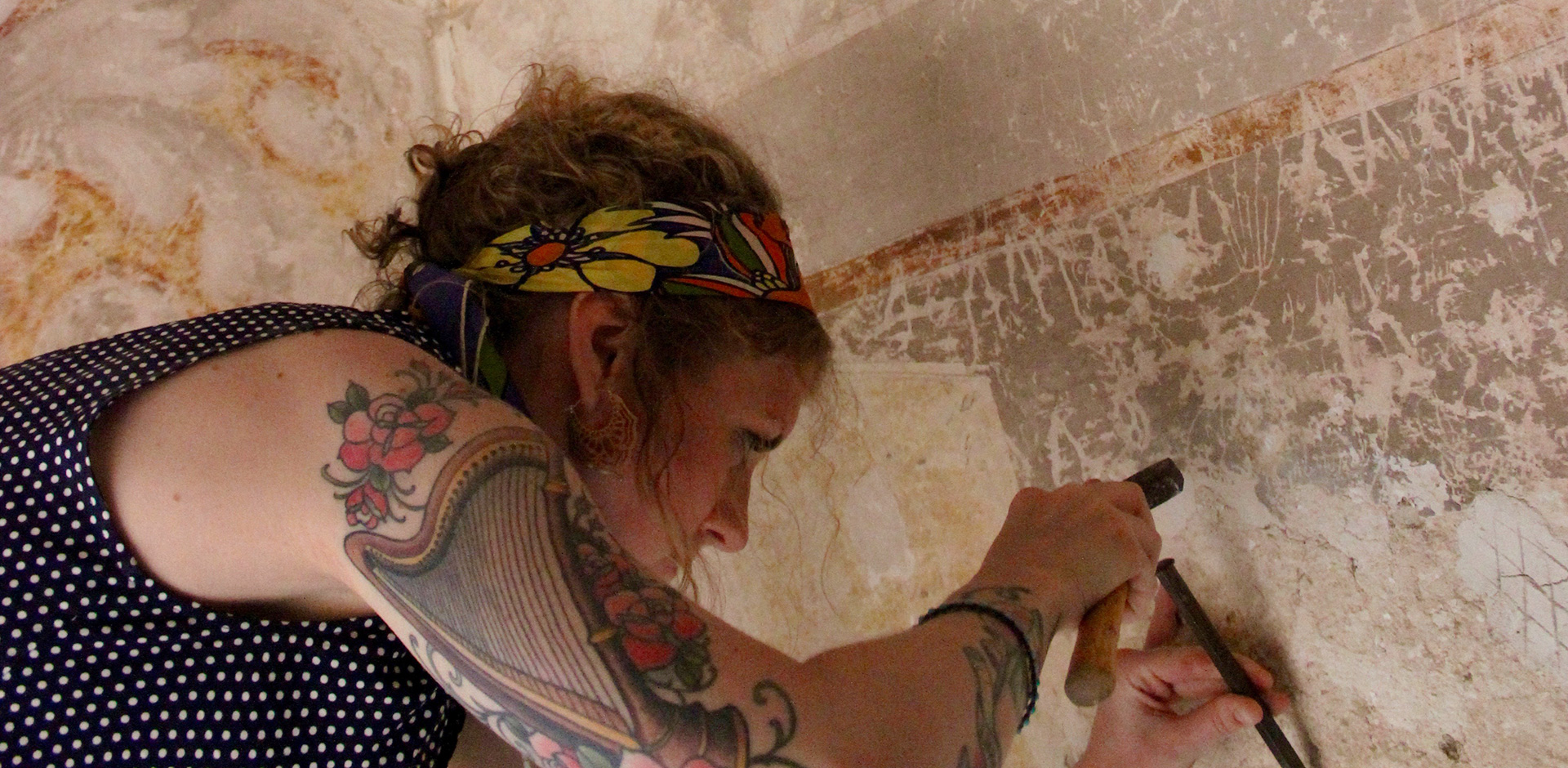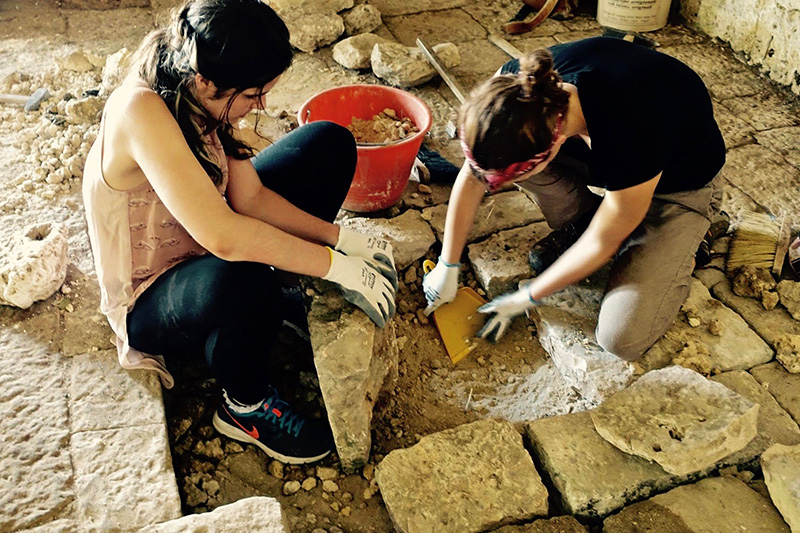Messors Educational Workshops
Preservation of food culture, cultural heritage and Byzantine sites in Puglia region, Italy

Culinary & Shepherding. The connection between food, culture, and landscape.
June 1 – 8, 2017
http://messors.com/culinary-shepherding-workshop/
The Rhythms and the Connections between Food, Culture, and Landscape.
The program offers an opportunity for understanding and learning about the Mediterranean culinary culture and improving its conservation.
The workshop goes to the core of the people and the love for their food and their land.
Explore the food culture shaped by millennia of migrations on the paths of transhumance and the trading route of the ancient Via Appia.
Seek the food provenance of Puglia and Basilicata. Experience the pace of the pastures and make cheese with the shepherd and his family. Explore the rupestrian cave dwellings, where a food culture has been crafted over centuries, spanning from the Greek and Roman influence thru the Byzantine monks to the current shepherd and his plight to preserve his way of life. Celebrate the durum wheat of the Murgian plains and its modern farmers committed to the crop. The agricultural cycle of planting and harvesting. Bake the crusty DOP bread of Altamura prized by Horace in his 1st century BC. odes. Venture through limestone rooted centenarian olive orchards for olive oil tasting to learn the fundamentals of real olive oil, its cultivars, and ancient origins. Source the daily catch from the Adriatic port and prepare dinner at the fishermen house on the cove.
Cook, eat, share and exchange with friends and families. Get close to the people and the local dialect over long table dinners and picnic in the fields with unique regional wines.
Live in the land of the masserie, the fortified farmhouses and cave settlements that represent in Puglia the sum of labor, bounty, and beauty.
The venerated cuisine of the Mediterranean has been created and re-created through the course of history by geography, social customs, migration and the mythical and religious universe wrapped around ‘eating’. The food culture is inclusive of ‘lifestyle’ which upholds traditional methods of farming and fishing and nurtures the practice of family meals, and social festivities.
The workshop is led by Puglian native Tonio Creanza, the Founder and Director of Messors, along with his colleagues of local farmers, cheese makers, shepherds, historians, restauranteurs, etc.
Tonio grew up on his family farm tending to durum wheat, vineyards, and olive tree cultivation in the historical and archeological rich setting of Puglia. As a cultural heritage conservator and 6th generation olive oil producer, his knowledge and passion for food and history is echoed in the workshops he has been running for the past 25 years. The hands-on and in-situ approach of the workshops creates an enriching living school model and culturally connecting experiences for travelers and locals.
The session is open to a group of maximum 14 participants.

Art Restoration Workshop Fresco & Canvas.
June 13-28
http://messors.com/art-restoration-and-conservation/
The Art Restoration and Conservation workshop is an opportunity for participants to learn about the history of the region, conservative methods, and techniques, while contributing to the conservation of the rich art and cultural heritage of Southern Italy.
After the introduction to the methods of conservation and restoration of art and antiquities through practical hands-on work and lectures that is applicable to all fields or art restoration, -in the second week, participants may choose to have a focus whether it be fresco or canvas.
The Frescoes that are worked on and studied are part of the rupestrian Byzantine cave settlements located in the Alta Murgia area, which include the Masseria (“farmhouse”) of Jesce, the Masseria of Carpentino, the Masseria of Fornello, dating from 12th to 16th century.
In these rural settings, the ipogei settlements (underground habitations) represented important centres of social and religious activities. The communities of this area created their own cultural identity, finding artistic expression in works of religious iconographic art. Between the 8th and the 12th centuries, small monastic and lay communities emigrated to Southern Italy. This area was one of the places of major activity due to it being the point of contact between two religious currents: the Latin Monastic tradition and the Basilian monks from Cappadocia (Turkey) and Armenia, of Greek Orthodox origin.
Participants will also create their own frescoes employing traditional techniques and materials- from making the plaster, sinopia underdrawings, and paint with natural pigments.
Paintings on canvas are provided by local churches and private collectors and will be worked on onsite at Masseria La Selva. Participants will be introduced to examples of 17th to 19th centuries paintings that are unique to the history of the Altamurgia region.
After introductions which are common to all areas, participants may choose a specific area of focus. The workshops are complemented by seminars in Art History, Geomorphological Studies and Byzantine Iconography and include several site visits: Sassi of Matera (Unesco World Heritage site), the Rupestral Churches Park, museums and art exhibitions, Altamura, Gravina, Botromagno, an Adriatic coastal town, Bari Department of Antiquity Lab, Pompeii and Napoli.

Fornello Sustainable Preservation Project.
July 3 – 14; July 19 – 30
http://messors.com/fornello-cave-project/
The Fornello Sustainable Preservation Project focuses on the site in its early days of research and cultural landscape conservation. The program is an opportunity for experiencing a wide spectrum of elements and aspects involved in cultural heritage preservation, as well as implementing conversations around sustainable preservation and the positive impact of these programs on local communities.
The site of Fornello is made up of a Byzantine fresco cave, twelve additional cave dwellings, and evidence of a settlement dating back to the 3rd century B.C.
The ancient settlement includes a shepherd’s house that dates to the 1700s and dry-stone courtyards that outline a pre-existing sheep farm. It is one of the most interesting and historically important sites in the Murgia region of Puglia. The frescoes are comprised of three layers that date to 1100, 1200, and 1350. The fresco paintings document a link and a time in history when Byzantine communities spreading from the Balkans were establishing themselves in Puglia in the rupestrian settlement.
The aim of the project is the complete restoration of the historical landscape, highlighting the importance of the site by converging interests and actions toward the preservation of the original settlement as well as promoting sustainable living practices.
Through hands-on activities, educational workshops and lectures on food anthropology and history of biodiversity related to the production of cheese, bread and wine, the project aims to support and promote the local agro-pastoral community, the history and the heritage of the local food culture practices, strongly bound to the geomorphological characteristics and climate of the region.
The goal is to restore the site to the point in which it can function as its original settlement: as cave dwellings, a place of congregation, sheep milk collection, cheese making and cheese cave aging, wine storage.
Once restored, local shepherds will be offered the site to use as their own as a milk collective and caves to age their cheeses.
Throughout the 12-day workshop session, you will be a part of the restoration and continuation of a historically significant site. You will learn the art of dry-stone-wall techniques, be introduced to practices of fresco restoration and the history of Byzantine Frescoes. During your time there you will be given instruction on archeological methods, techniques, and documentation while operating in a historic site. Also, time will be dedicated engaging in the culturally rich areas of southern Italy by partaking in lectures, learning about traditions of the area, make cheese and visiting historical towns and sites of the region.
The workshops is open to a group of maximum 14 participants.
For inquiry and registration, please email to messors.tonio@gmail.com
Watch for the upcoming documentary ”Shepherds in the Cave”. The documentary followed us during our Fornello workshop in the summer of 2015. Shepherds in the Cave has been awarded the Special Jury Prize at the Cinema on the Bayou Film Festival (Lafayette, Lousiana) and has been selected to screen at the Royal Anthropological Institute RAI Film Festival taking place in Bristol (UK) from 29 March to 1 April 2017. The film has been selected for the Archaeology and Material Culture Film category.





